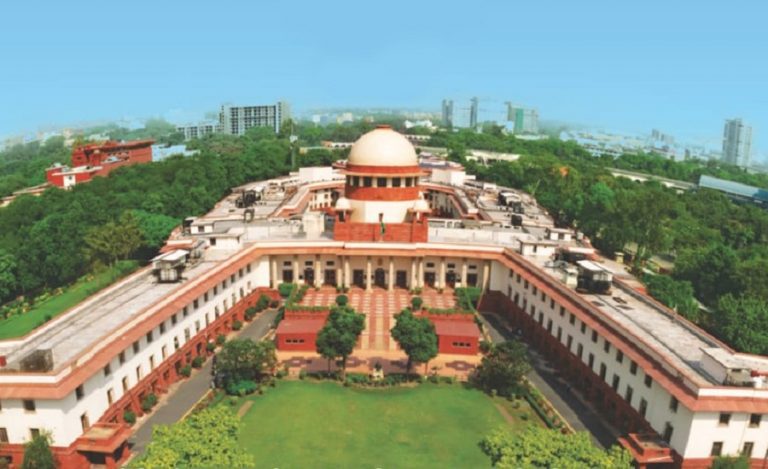In a landmark decision aimed at inclusive development, the Madhya Pradesh Cabinet meeting chaired by Chief Minister Dr. Mohan Yadav approved the second phase of the Additional Action Plan for Power Distribution Companies to electrify homes of Particularly Vulnerable Tribal Groups (PVTGs) under the Prime Minister’s Tribal Justice Maha Abhiyan (PM-JANMAN).
Also Read: MP: CM Dr. Mohan Yadav Participates in Indore Chhath Mahotsav, Honors Devoted Mothers and Sisters
Under this phase, a financial outlay of approximately Rs. 78 crore 94 lakh has been sanctioned to expand power infrastructure and bring electricity to 18,338 unelectrified houses belonging to the Bharia, Baiga, and Saharia communities across 24 districts of the state.
Of the total cost, Rs. 47 crore 36 lakh will be received as a grant from the Central Government, while Rs. 31 crore 58 lakh will be contributed by the State Government to the power distribution companies as capital support.
Electrification at the Grassroots: Empowering Tribal Communities
The Cabinet also approved the increase in the settlement-wise electrification limit from Rs. 1 lakh to Rs. 2 lakh per household, enabling power companies to carry out electrification work more effectively. In cases where electrification costs exceed this limit, the Energy Development Corporation will step in to install 1-kilowatt solar panels with battery systems, ensuring uninterrupted power for every household.
Additionally, 211 houses will be electrified through off-grid solar systems, marking a major step toward energy inclusion and sustainability in remote tribal regions.
This decision follows the first phase approval on March 11, 2024, when the Cabinet sanctioned approximately Rs. 65 crore for electrification of 10,952 villages, successfully providing electricity connections to 10,752 tribal households.
Farmers to Benefit: Compensation for Power Transmission Lines Doubled
In a move welcomed by the state’s farmers, the Cabinet also approved a substantial increase in compensation for laying 132 KV and above high-tension transmission lines.
The compensation rate for tower installation has been enhanced from 85% to 200%, and the Right of Way (ROW) compensation increased from 15% to 30%. The damaged area around the towers will also be expanded by 1 meter on all sides, protecting farmers’ land rights while facilitating essential power infrastructure.
Importantly, land ownership will remain with the farmers, who will still be allowed to cultivate crops beneath the transmission lines. The corridor widths have also been revised—132 KV line: 7m to 29m, 220 KV line: 14m to 35m, and 400 KV line: 52m compensation area.
Strengthening the Judiciary: New Posts Sanctioned in Chhatarpur
To enhance judicial efficiency, the Council of Ministers sanctioned seven new posts of Civil Judge (Junior Division) at Chakswaha, Nila, Chhatarpur. An annual budget of Rs. 52.46 lakh has been approved for creating 10 new posts, including one Civil Judge, one Junior Clerk, and six Class III and IV staff positions.
Revised Government Housing Rules for Better Administrative Efficiency
The Cabinet also approved amendments to Rule 17 and Rule 37 of the Government Housing Allotment Rules, 2000 in Bhopal.
Under the revised norms, government employees transferred outside Bhopal can now retain their allotted accommodation for up to 6 months at normal rates. Retired employees may retain government housing for 6 months—the first 3 months at normal rent, and the next 3 months at 10 times the normal rate, after which penal rent and eviction procedures will apply.
Additionally, the penal monthly rent for unauthorized occupation has been increased from 10 times to 30 times, with a progressive rise of 10% per month, ensuring stricter compliance and optimized use of government assets.
Development-Driven Governance
The series of approvals reflects the Madhya Pradesh Government’s commitment to empowered governance, tribal welfare, and administrative transparency. These decisions aim to strengthen rural infrastructure, promote social justice, and ensure sustainable growth across the state.




























